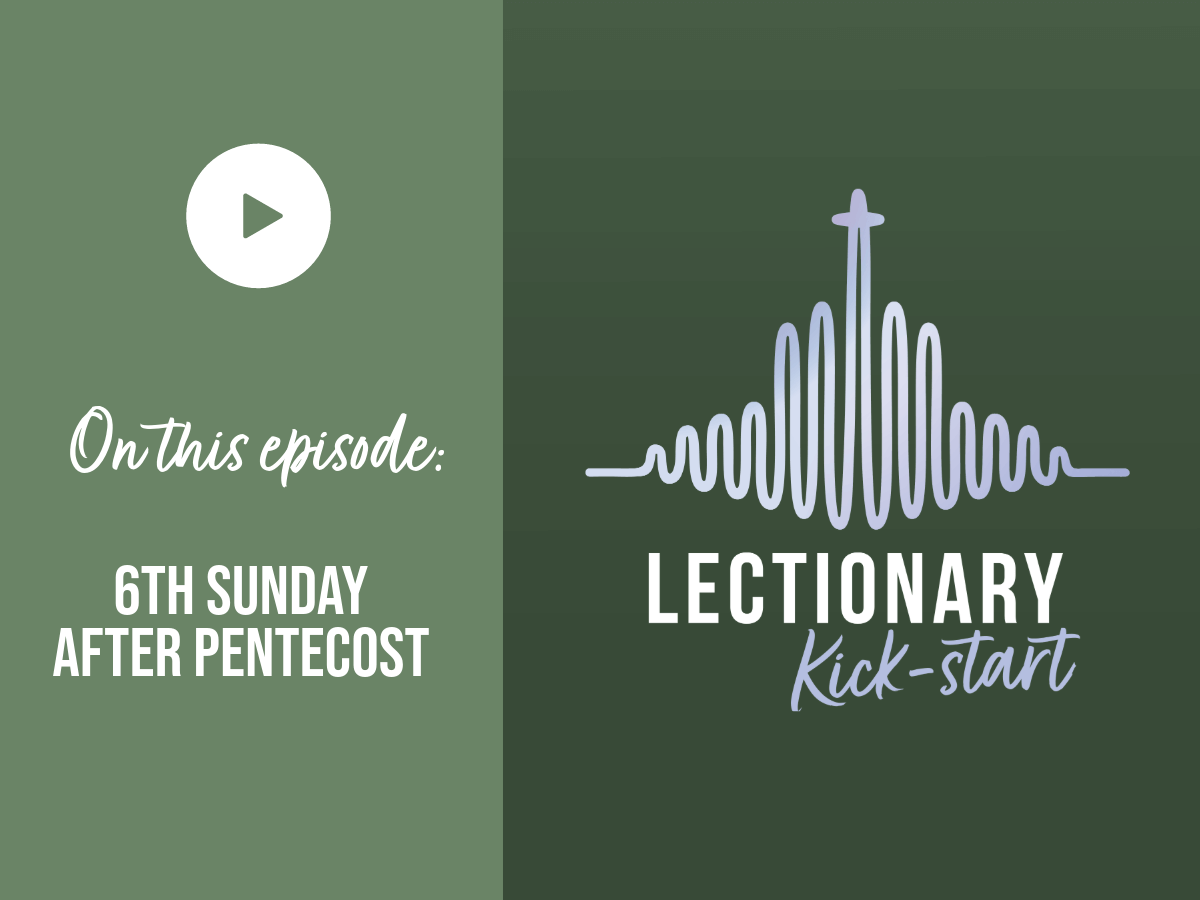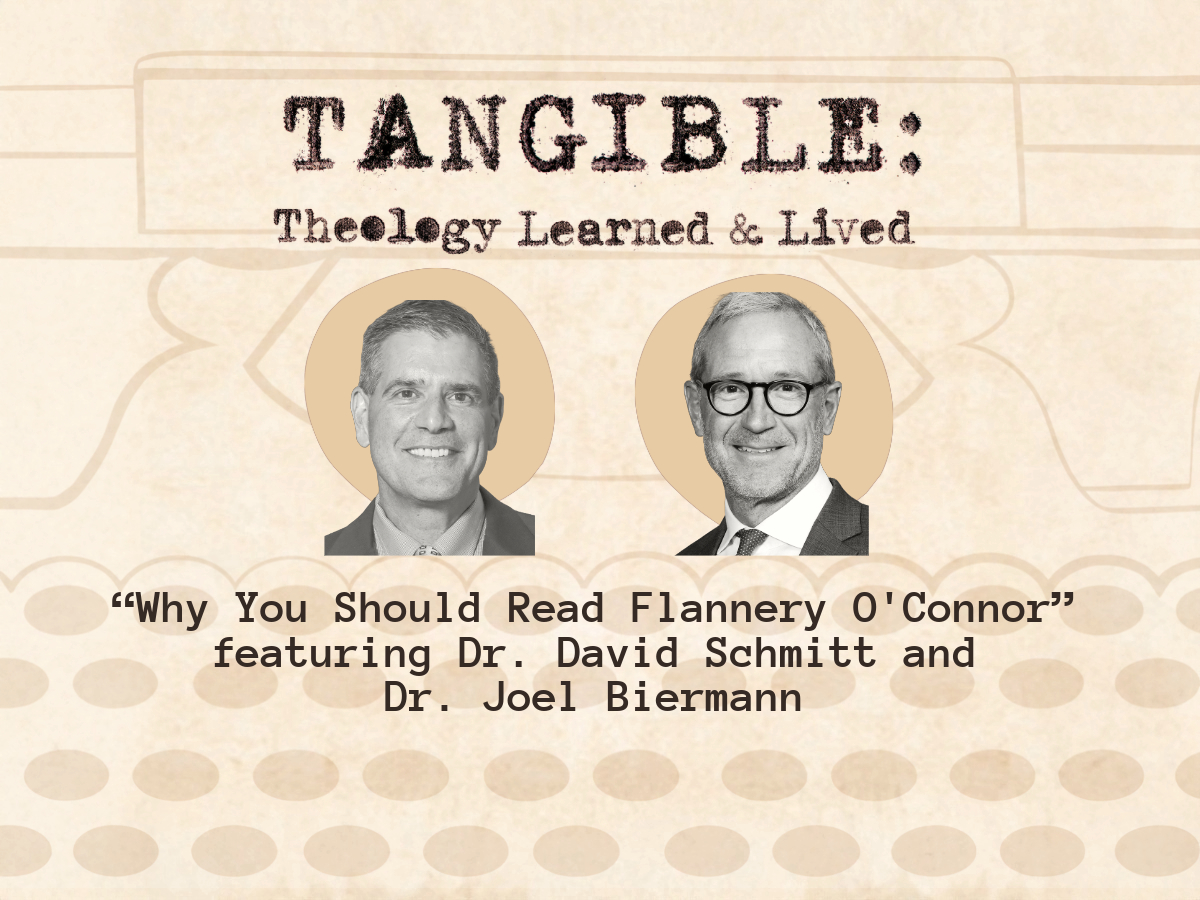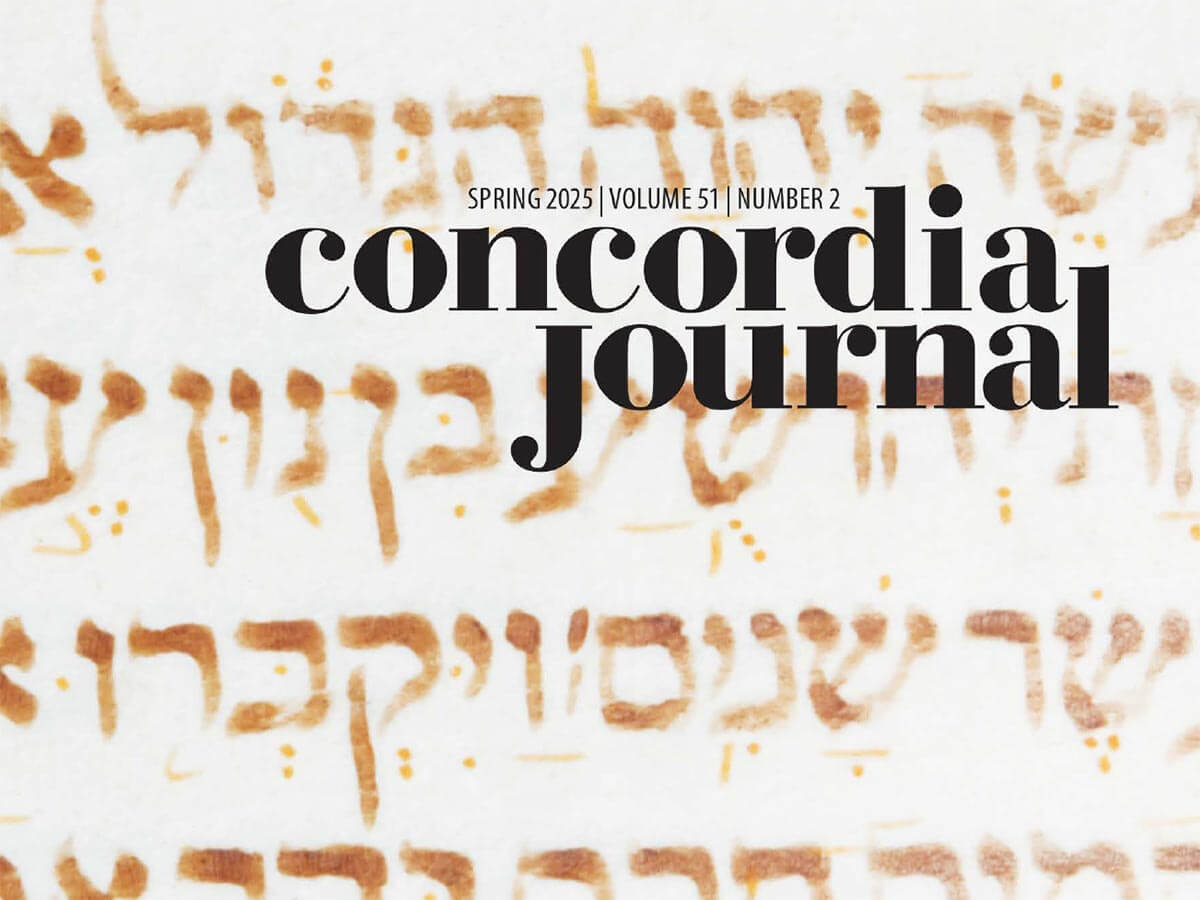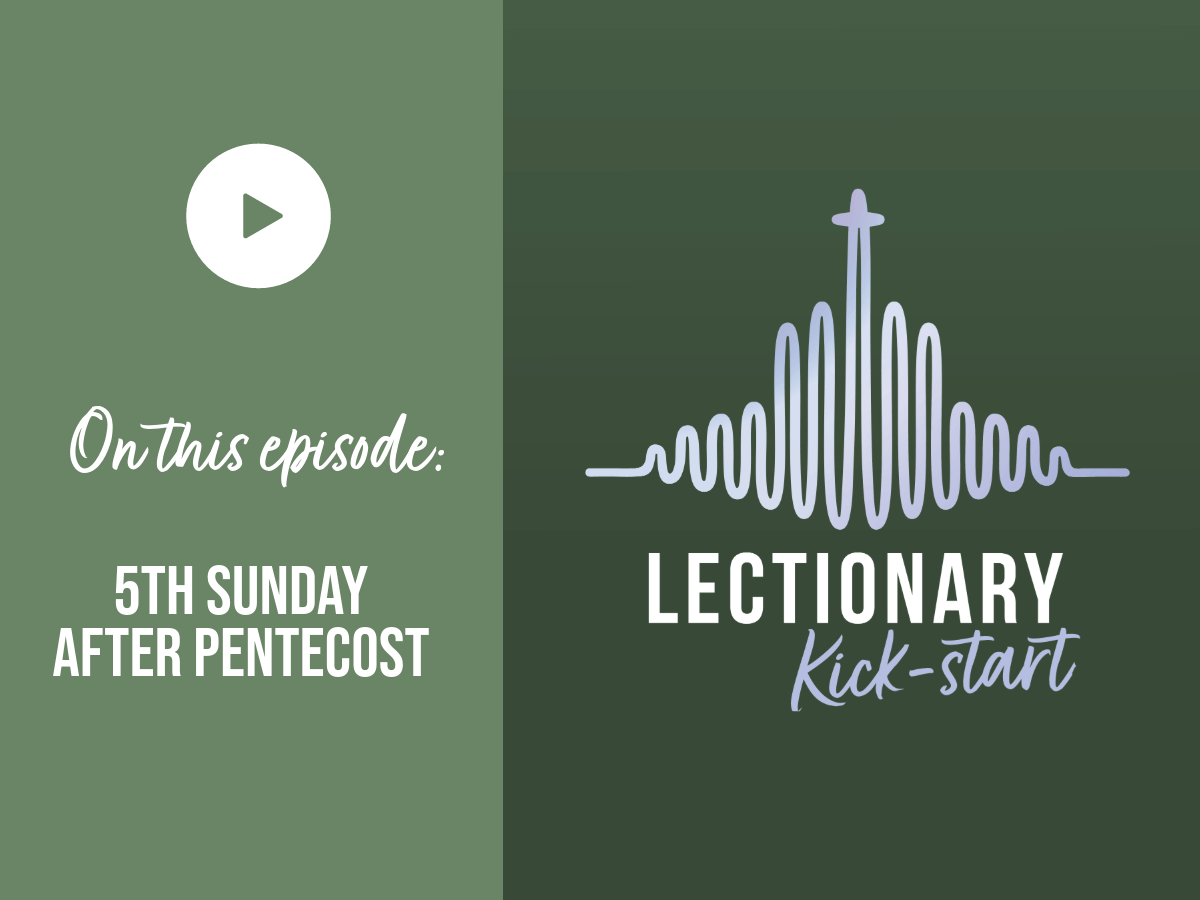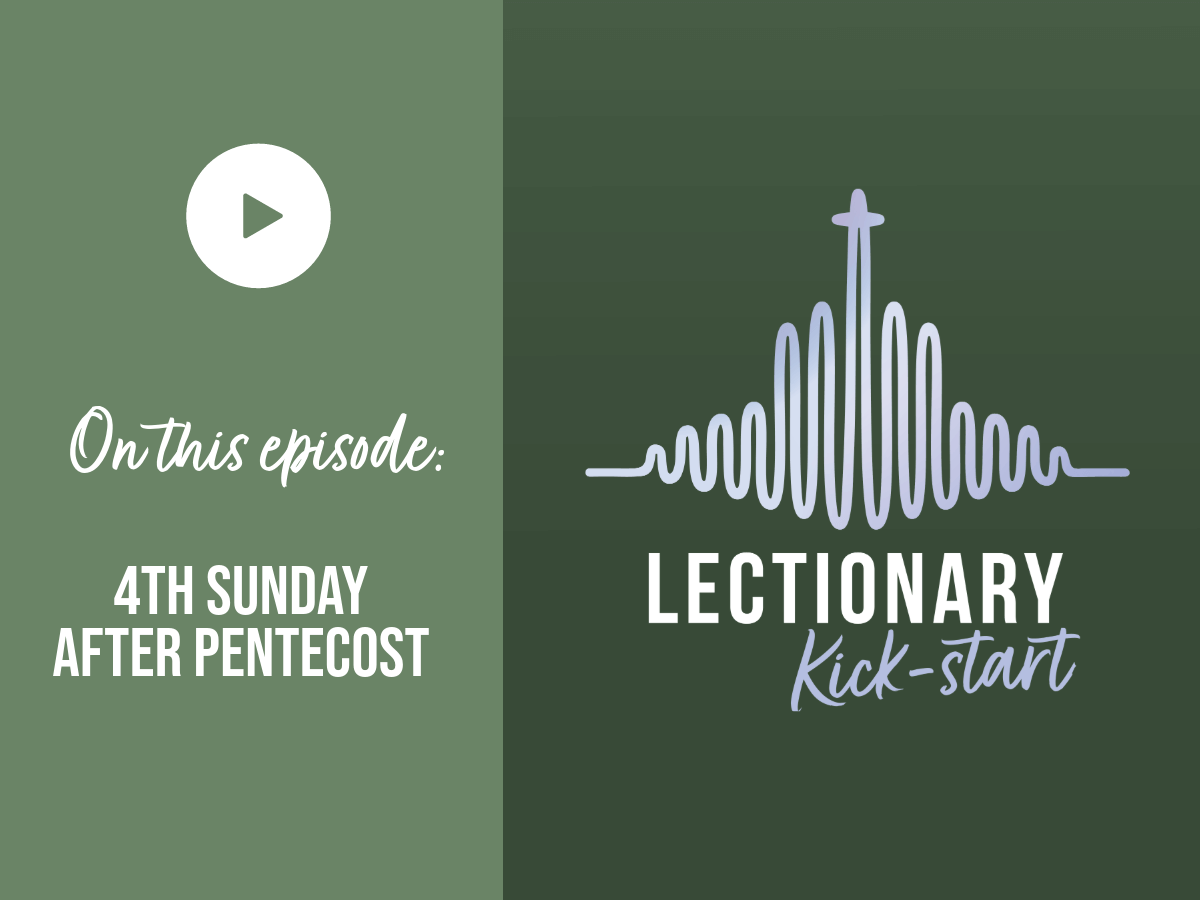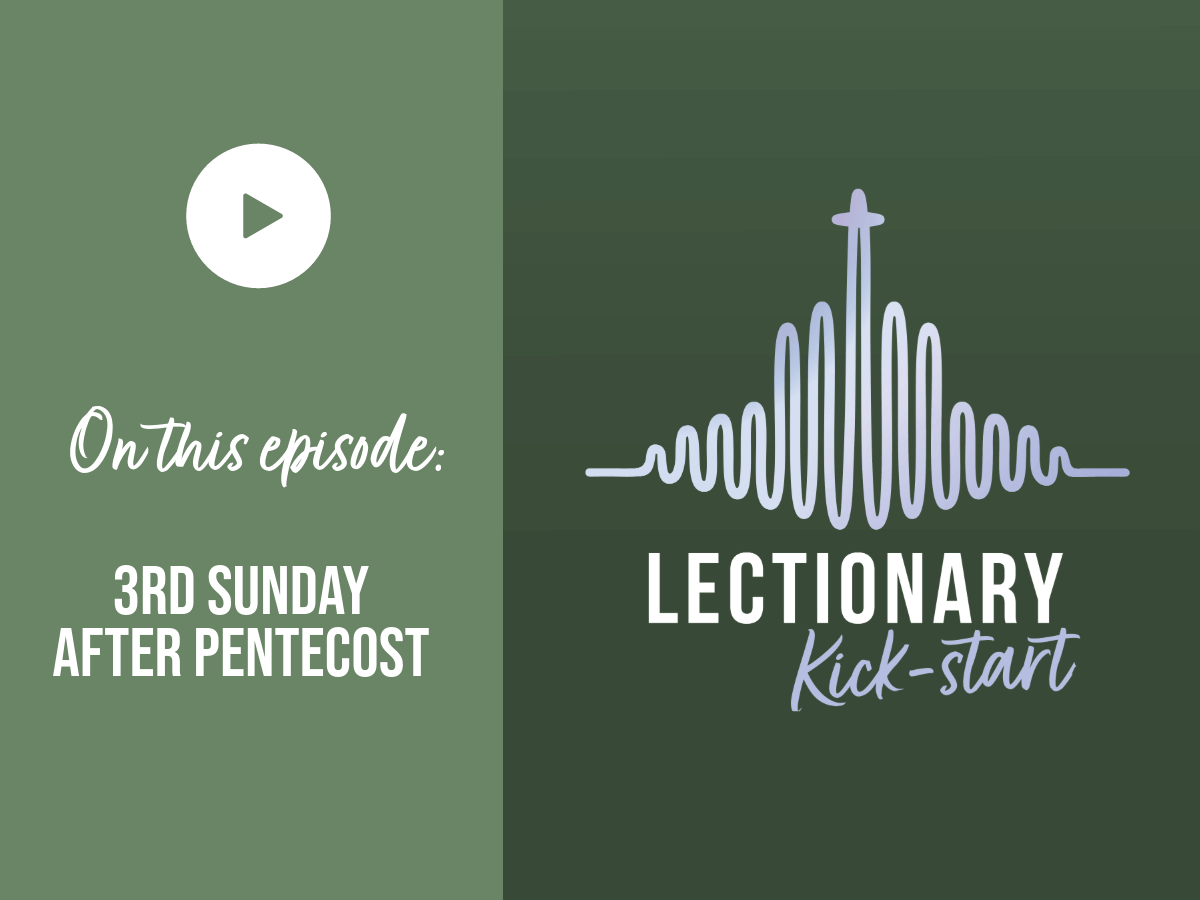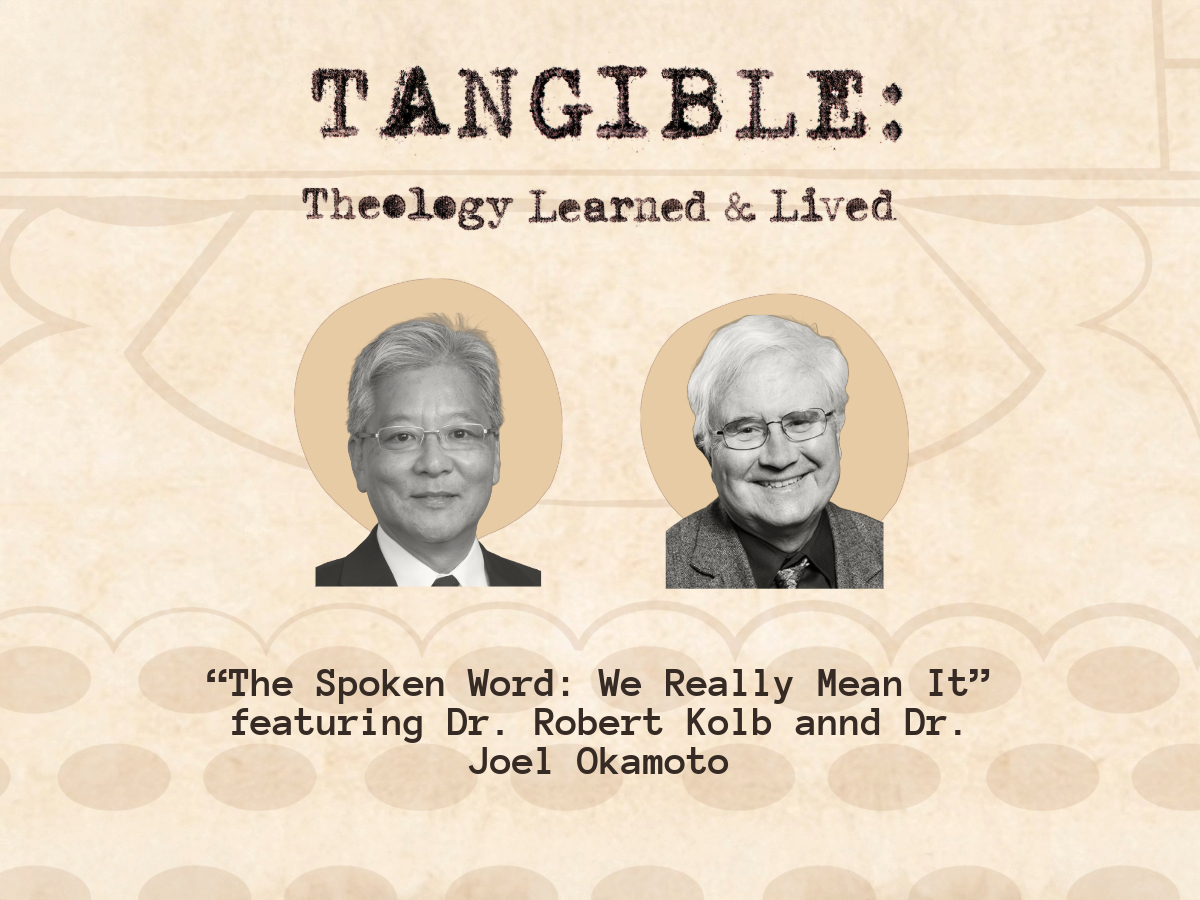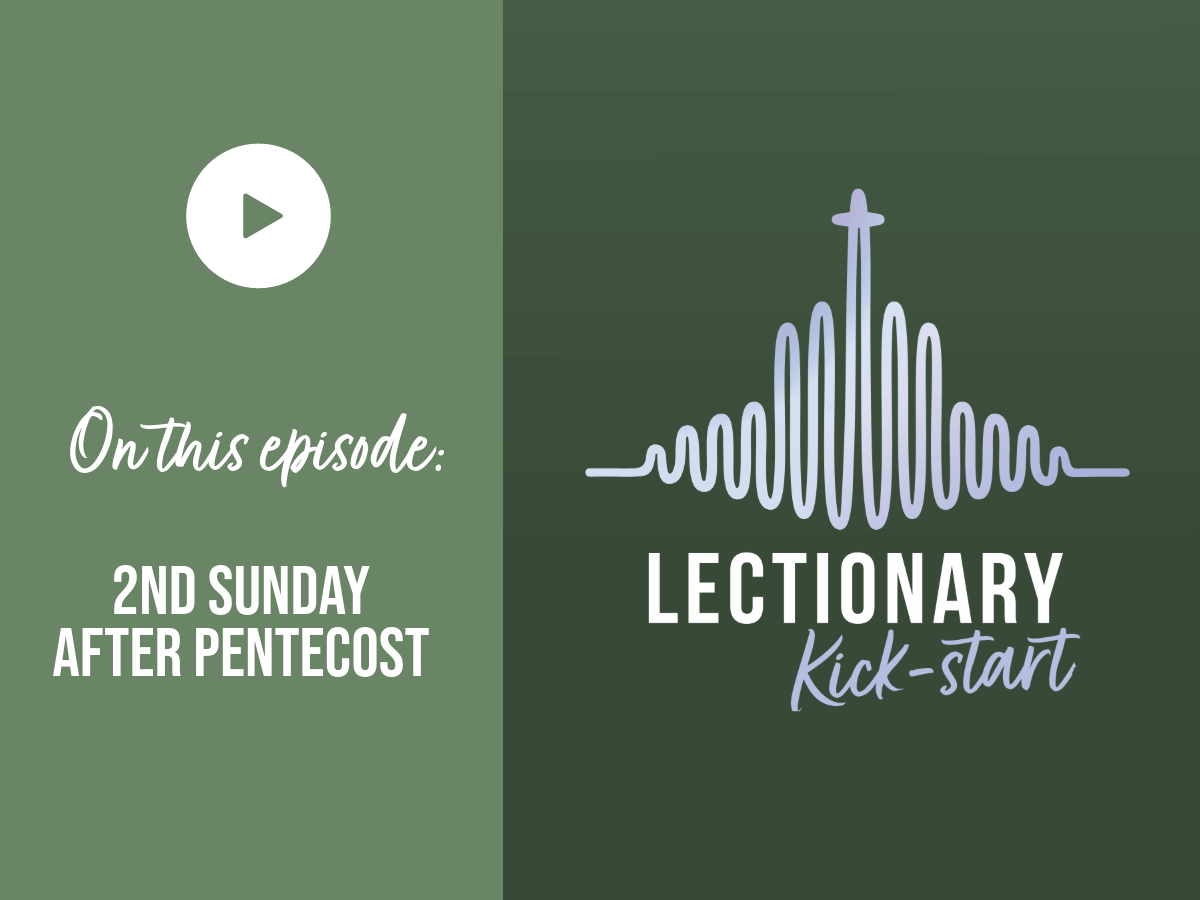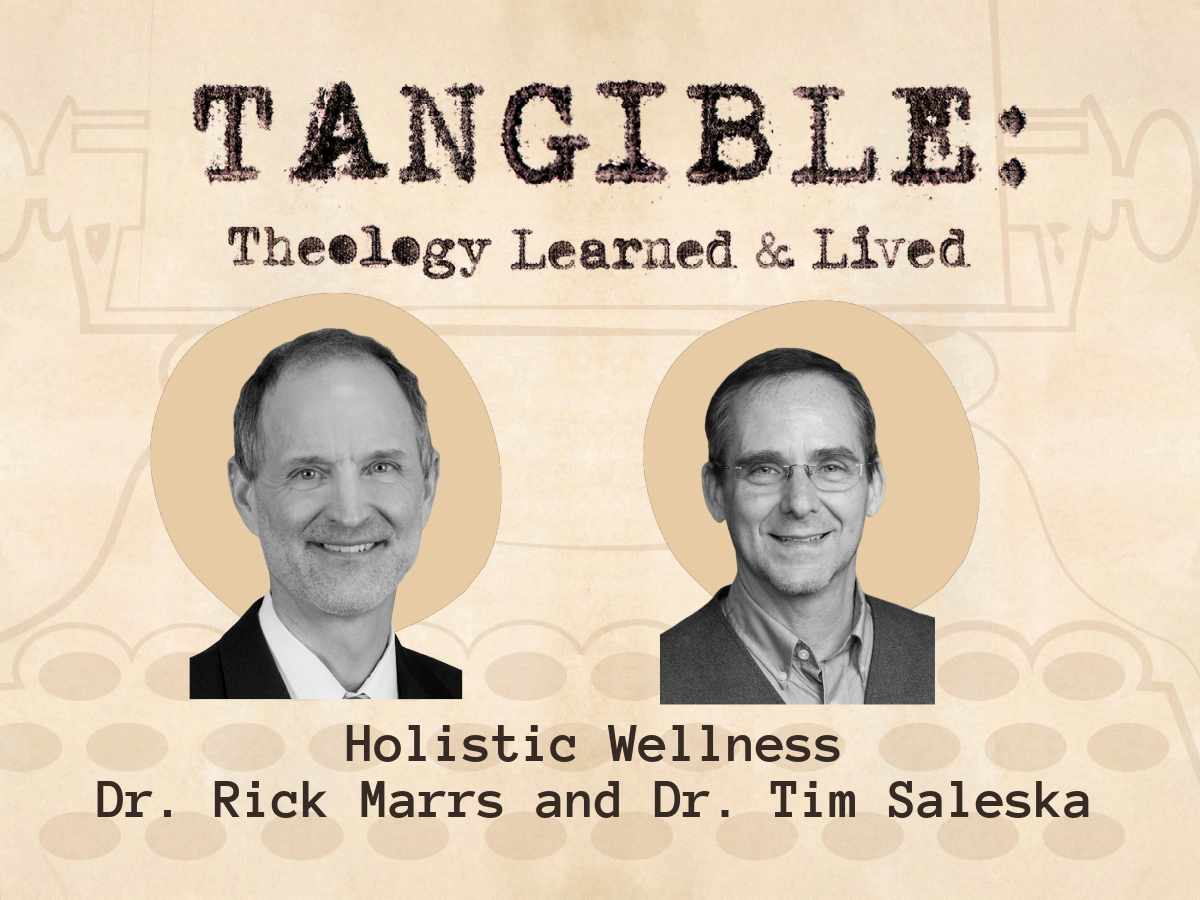-
The Fifth Sunday after Pentecost
Spark your thoughts for July 13, 2025! Tune in to “Lectionary Kick-start” for a discussion about the texts for the Fifth Sunday after Pentecost.
-
The Fourth Sunday after Pentecost
Spark your thoughts for July 6, 2025! Tune in to “Lectionary Kick-start” for a discussion about the texts for the Fourth Sunday after Pentecost.
-
Lay Bible Institute
The parables of Jesus, Luther on marriage, and living a quiet life of hope – what do such diverse topics have in common? Each draws…
-
The Third Sunday after Pentecost
Spark your thoughts for June 29, 2025! Tune in to “Lectionary Kick-start” for a discussion about the texts for the Third Sunday after Pentecost.
-
The Spoken Word: We Really Mean It – Dr. Robert Kolb and Dr. Joel Okamoto
Does God speak to us today? Dr. Robert Kolb, professor emeritus of systematic theology, and Dr. Joel Okamoto, professor of systematic theology, discuss the practical…
-
The Second Sunday after Pentecost
Spark your thoughts for June 22, 2025! Tune in to “Lectionary Kick-start” for a discussion about the texts for the Second Sunday after Pentecost.
-
Trinity Sunday
Spark your thoughts for June 15, 2025! Tune in to “Lectionary Kick-start” for a discussion about the texts for Trinity Sunday.
-
Holistic Wellness – Dr. Rick Marrs and Dr. Tim Saleska
Holistic wellness includes multiple areas of health. Dr. Rick Marrs, professor of Practical Theology, speaks with Dr. Tim Saleska, dean of Ministerial Formation, discuss the…
-
Hope
I was four years old when my uncle gave me a TIE fighter as a Christmas present. Though it was a hot item from cultural…

